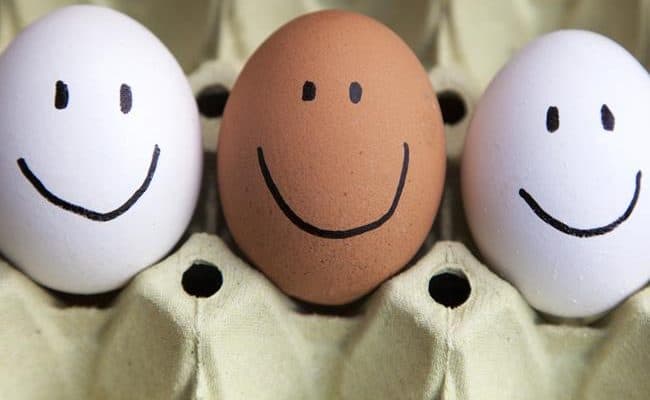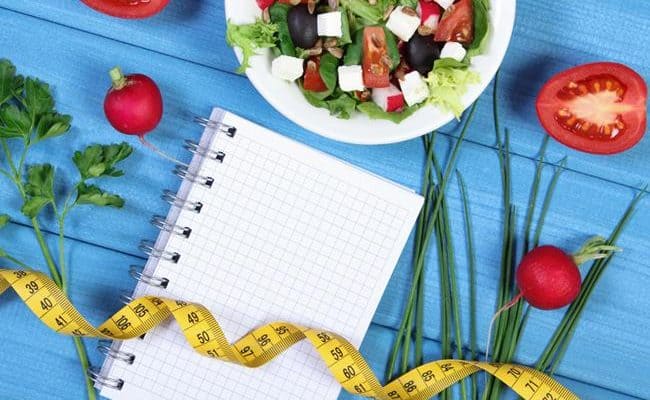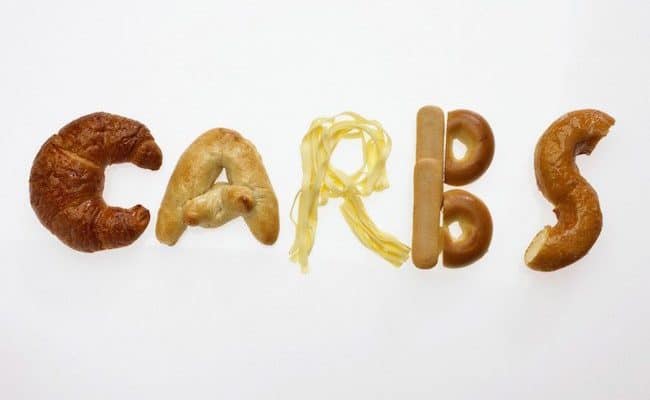
Why is nutrition so confusing? Some say that breakfast is the most important meal of the day and therefor should be the biggest meal of the day. Others claim intermitten fasting and not eating before 11 a.m. is beneficial. Are multiple smaller snacks during the day the best thing or three balanced meals? So what is right and what is wrong and what the heck should be the biggest meal of the day?
Well, there is no right or wrong answer. Nutrition is a very individual thing. What’s best for every one can’t be standardized between numbers framed by a.m. or p.m.
We are all so different. We wake up at different times. We have different jobs. Some workout some don’t. Everyone requires diverse amounts of calories to sustain energy levels and diverse nutrients in order to maintain health.
So it comes down to what is right for you and that needs some experimenting.
However there are some universally valid points to consider:
#1 – Eating a large meal containing simple carbohydrates will get us on the blood sugar roller coaster, which makes us hungry again in no time and leaves us energy less approximately 90 minutes after the meal.
While some might think that this would be a great solution for dinner and beneficial for a good night sleep, consider that carbohydrates trigger an insulin response, which interferes with the release of the fat-burning HGH hormone at night.
So what ever the biggest meal of the day, never have concentrated carbohydrates by themselves like a bowl of pasta or pancakes with syrup.
#2 – Eating not enough during the day leaves us at “I eat everything but the kitchen sink” mode when dinner comes around. Needless to say that our food choices won’t be the healthiest ones plus we’ll probably overeat.
A tiny meal in the morning, a small meal for lunch and the biggest meal at dinnertime is not a successful approach.
#3 – Continuous eating, meaning multiple smaller meals during the day, never really gives the digestive system a break, which is not good. It’s also hard to keep track of how many calories we’ve already consumed since we are unconsciously grazing away and never really feel satisfied.
#4 – Eating at times when we actually need the energy seems to have the most promising effects. Digestion is enhanced when we are actually active and moving. Studies also show that the body makes better use of nutrients when eaten at breakfast or lunch.
What should be the biggest meal of the day…
…for weight loss
If you are trying to lose weight I would start with planning on eating three main meals and an afternoon snack with the emphasize on breakfast and lunch. Since you are probably restricting calories this might be easier done with dinner when you are winding down anyway. In addition a bigger breakfast or lunch gives you a more energetic and optimistic start to the day.
Since the concentrated form of carbohydrates (sugars and starches) could trigger an insulin response (depending on the concentration and combination), I would monitor the carbohydrate intake.
The hormone insulin stores extra energy from carbohydrates as fat. However if your day does include strenuous work or activities you might have to add more sugars and starches at the beginning to maintain energy levels.
If you are hungry by bedtime have more protein and healthy fats with lunch and dinner.
…for people with diabetes
A balanced blood sugar level is crucial. If you eat too late, your body will let you know that it’s time to eat. A combination of all macronutrients like proteins, fat and complex carbohydrates with every meal are vital as well as proper timing and equal sizing.
A small carbohydrate snack before bedtime might be a good idea to support balanced blood glucose levels during the night and promote good night sleep.
…for the rest
Again there is no standard answer to that question. You are unique, so should your diet be. However, making breakfast and lunch the bigger meals of the day makes sense in regards to nutrient and calorie usability.
It also provides energy during the day when we need it most instead of energy when we don’t need it, which leads to weight gain. Not to forget the mental benefits of starting the day with a satisfied stomach and mind.
A smaller dinner also contributes to a good night sleep since the body is not busy digesting. It marks the beginning of the overnight fast. Giving the body 10 hours of digesting free time has shown to be beneficial.
What does big really mean?
Also consider the meaning of “biggest meal”. Do you work in an office all day and pushing pencils is considered heavy-duty work? Or do you work at a warehouse with heavy lifting and moving around all the time? Needless to say, that the biggest meal will look very different. Not just in calorie content but also in brain vs. muscle food.
Also you could be eating a very big helping of pasta, which comes with lots of calories but very little nutrients or a big bowl of kale salad with little calories but tons of nutrients. Nutrient dense meals don’t have to be big at all to give your health a boost.










